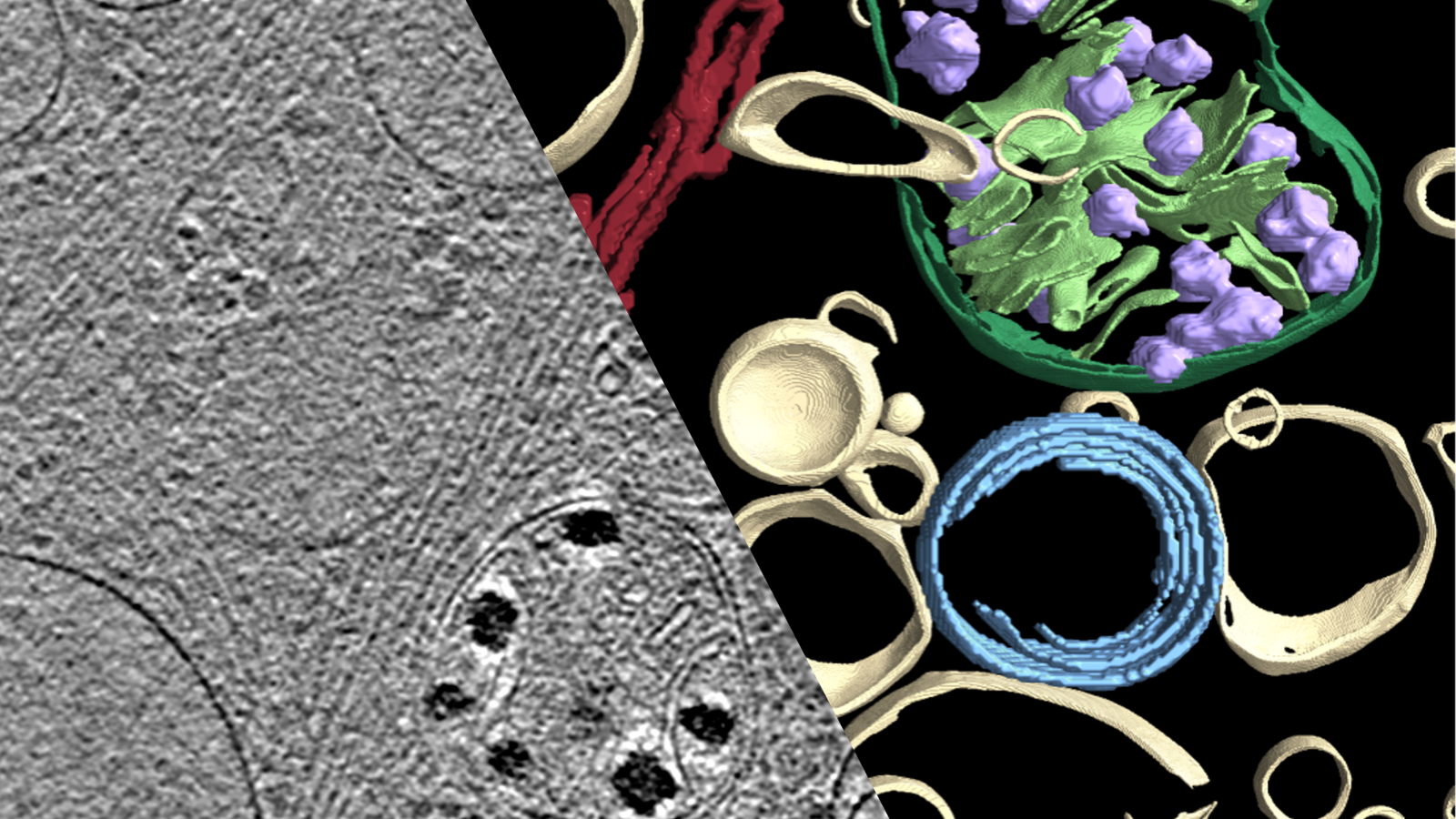-
Catalyst Awards support researchers with $500,000 over two years in developing innovative approaches to uncover new insights into cognitive health and the prevention or reversal of neurodegenerative disease.
We also offer Catalyst Momentum Awards, which are an opportunity for current awardees to extend their project funding for an additional two years. These awards aim to provide continued momentum to existing projects and further advance the impactful work begun under the Catalyst Award program.
-

Cathy Hou, Pingting Liu, Gong-Her Wu, Ching-Chieh Chou, Eli Andino-Frydman, Grier Stretch, and Sanket Gupte from the Chiu, Frydman, and Yeung-Levy labs
“After decades of darkness and only a few clues, the discovery of clear genetic risk factors and biomarkers [of neurodegeneration] now allows us to formulate compelling hypotheses. Thanks to this Catalyst Award from the Knight Initiative, our team is now able to shed light on key mechanisms of how the brain fends off ongoing pressures to decline.”

